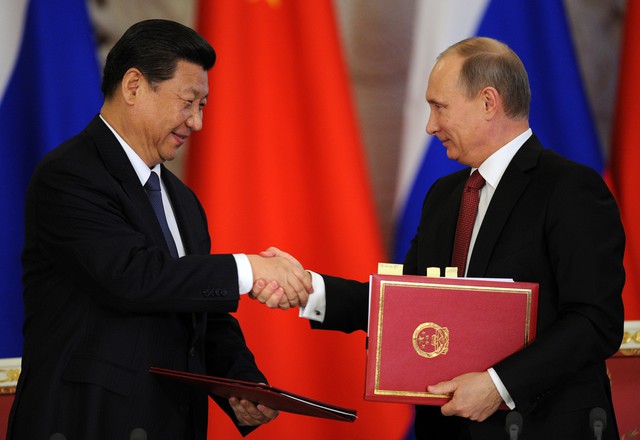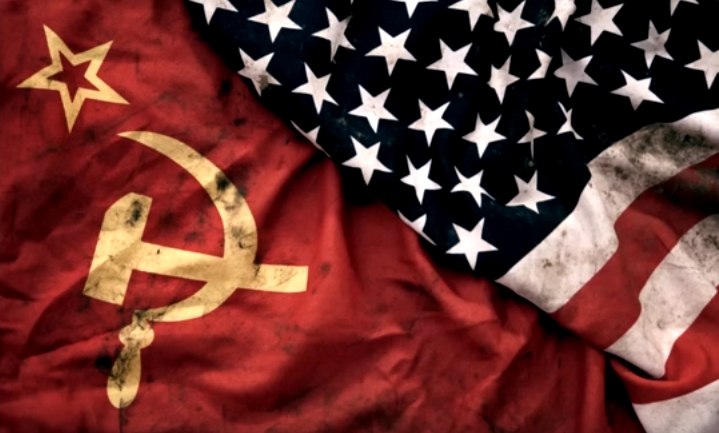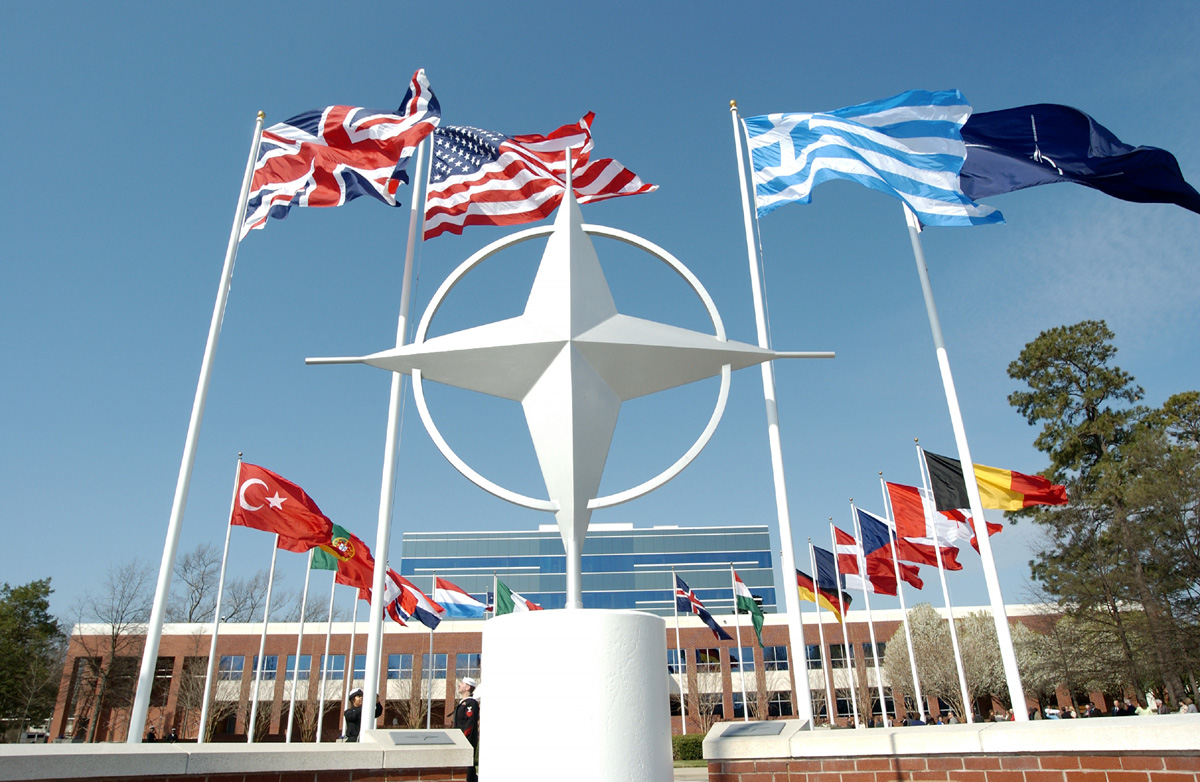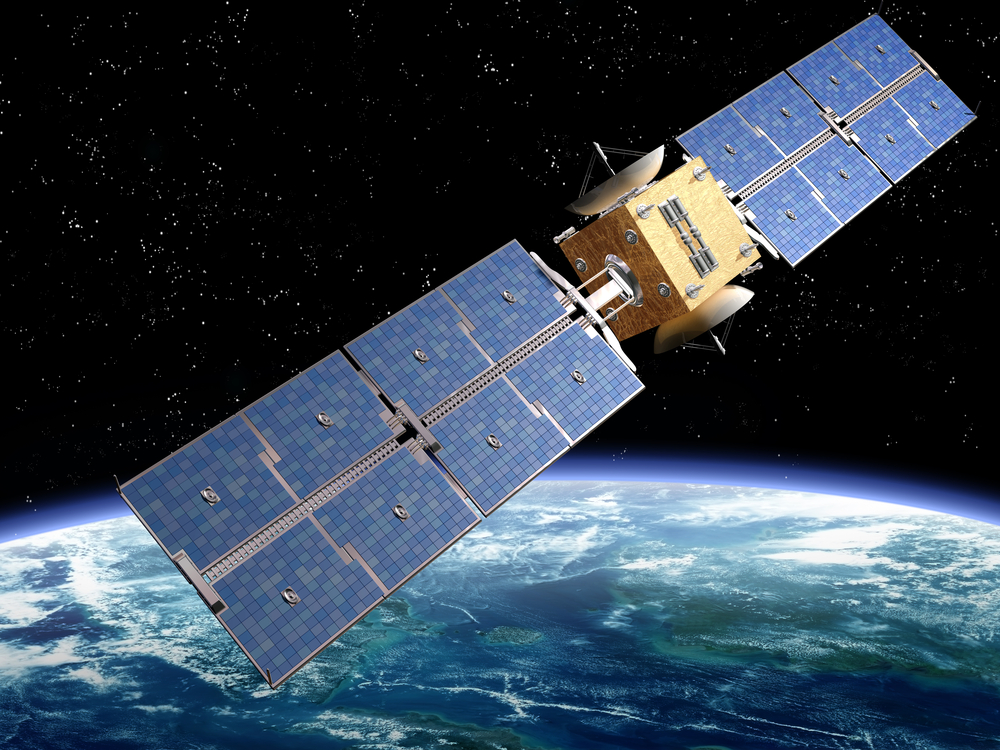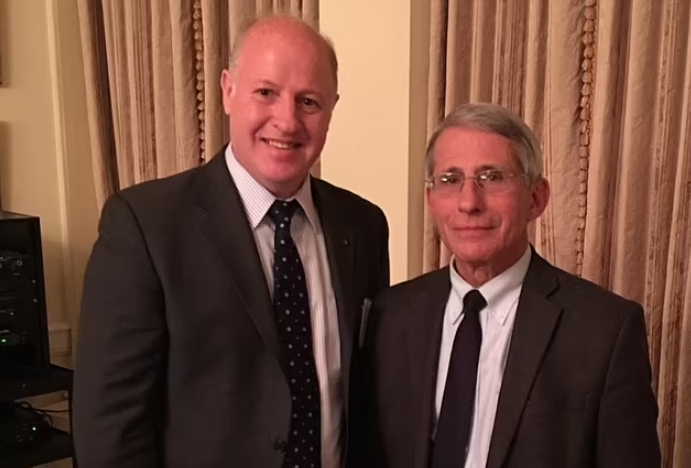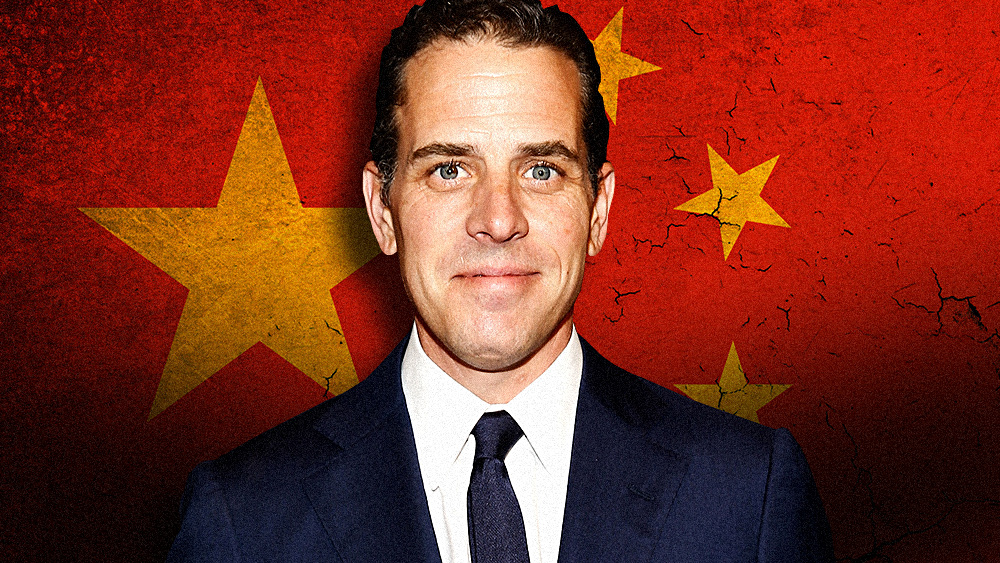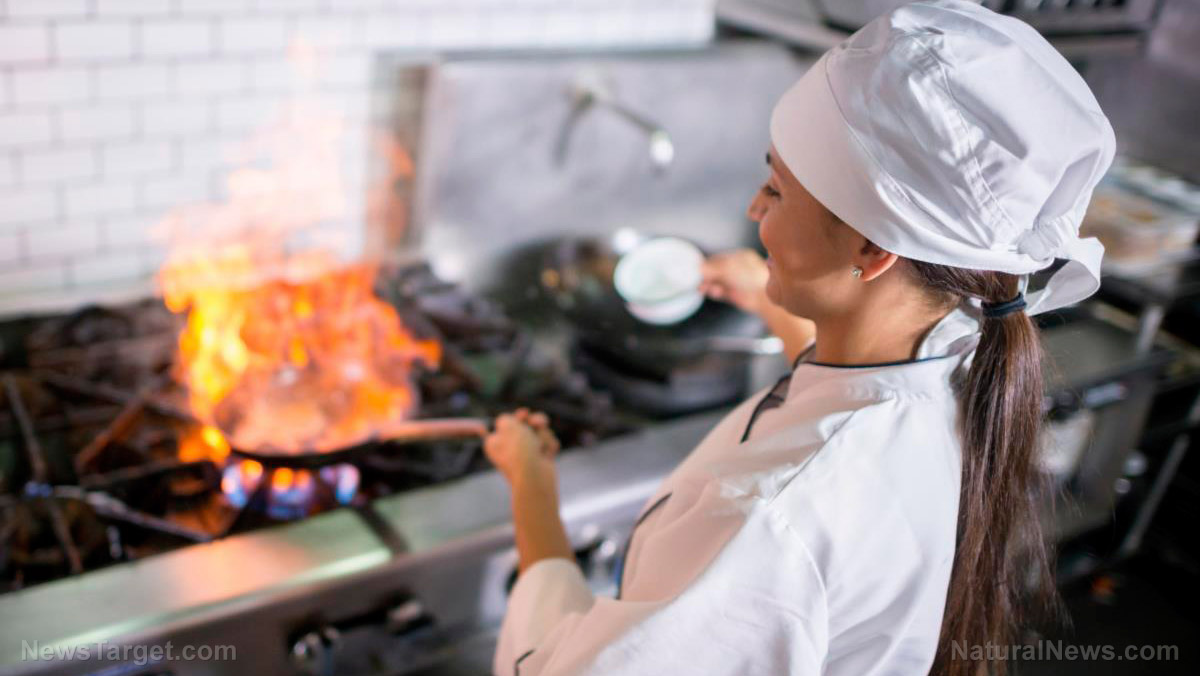Kyocera president: Business model of producing in China and exporting abroad no longer viable
02/23/2023 / By Ramon Tomey
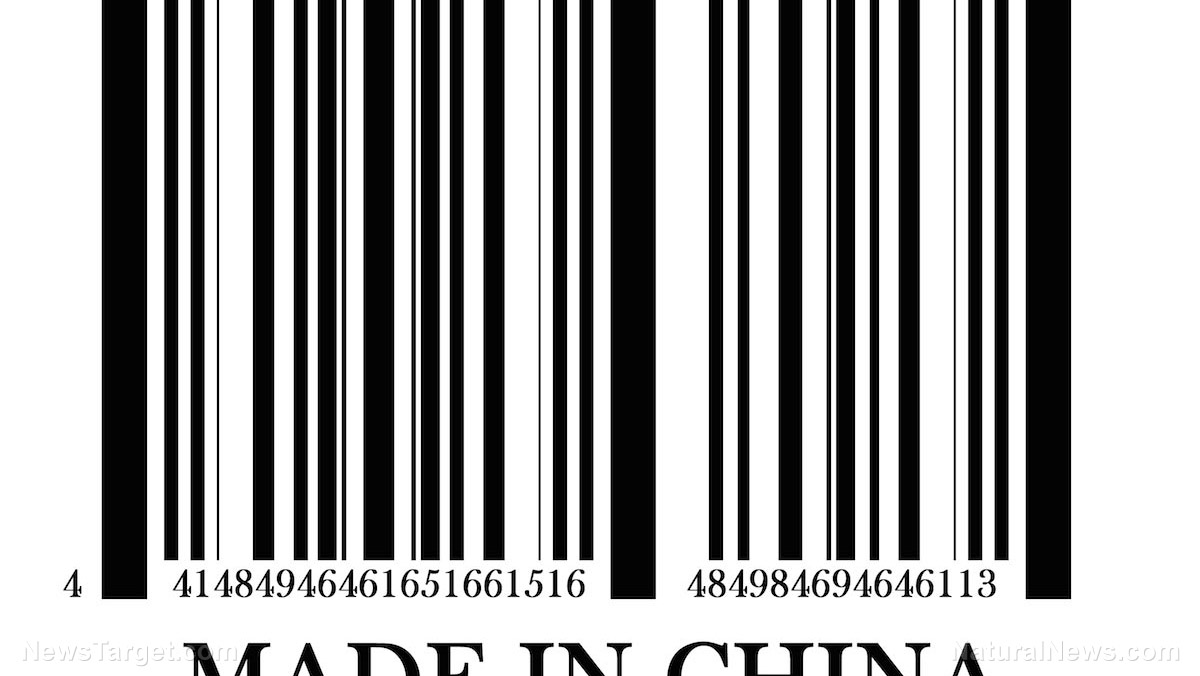
Hideo Tanimoto, president of Japanese chip manufacturer Kyocera, believes the tandem of Chinese production and global exports is “no longer viable.”
Tanimoto made the remark during an interview with the Financial Times (FT). “It works as long as [products are] made in China and sold in China. But the business model of producing in China and exporting abroad is no longer viable,” he said.
The Kyocera executive cited two reasons to back up his remark. First, wages for employees have increased. Second, the recent tangles between the U.S. and China made it “difficult to export to China to some regions.”
He also cited the export restrictions on chip manufacturing components and advanced semiconductors announced on Oct. 7, 2022 by the U.S. Department of Commerce. The restrictions sought to prevent American technology from being used to advance the Chinese military. (Related: Taipei to comply with US chip export rules directed at Beijing.)
According to Tanimoto, export controls were a major reason why Kyocera slashed its operating profit projections for 2023 by 31 percent. The Kyoto, Japan-based Kyocera commands a 70 percent market share globally in ceramic components used in chip-manufacturing equipment.
“If chip equipment makers stop shipments to China, our orders will be somewhat affected,” said Tanimoto. “They are now even [being] asked not to ship their non-cutting-edge tools.”
Businesses departing China for friendlier shores
Back in 2019, Kyocera moved the manufacturing of U.S.-bound copiers from China to Vietnam. The move coincided with tariffs on China imposed by former President Donald Trump at that time.
The company is building its first factory in Japan in almost 20 years, joining the growing number of companies departing China for other countries.
Technology giant Apple commenced production of its iPhone 13 in India at a site owned by Foxconn, its Taiwanese contract manufacturer. Aside from this, the Cupertino, California-based company moved the manufacturing of iPads and AirPods to Vietnam.
Korean tech giant Samsung also followed suit, shifting production to Vietnam in 2019. It also decided to manufacture its flagship Galaxy S23 smartphones in India for local sale.
Not to be left behind, Jeff Bezos’ Amazon permanently closed its Kindle factory in China. Alongside this, it shifted production of FireTV devices to India.
The shift away from China is not only limited to technology companies. Footwear company Dr. Martens, known for its iconic leather boots, has also been reducing its manufacturing dependence on China. It has shifted 55 percent of its total production out of the communist country.
Dr. Martens CEO Kenny Wilson told FT back in November of last year: “The big message is reducing reliance on China. You don’t want all of your eggs in one basket.”
A July 2022 post by investment company Morgan Stanley Research noted the predictions of experts about U.S. firms eventually moving production to friendlier countries. Michael Zezas, the company’s head of U.S. public policy research and municipal strategy, remarked that moving raw materials and production closer to home is once again in vogue.
“We expect these forces to drive governments and corporations to invest substantially in on-shoring, near-shoring and friend-shoring for value chains,” he said. Zezas cited four countries – Mexico, India, Vietnam and Turkey – as those that could benefit from the U.S. and the European Union “diversifying value chains” away from China.
Watch this video about the permanent closure of more than 5,000 chip manufacturers in China.
This video is from the Pool Pharmacy channel on Brighteon.com.
More related stories:
Experts: Semiconductor ban accelerates severing of US-China ties.
Taiwan chip giant warns against global supply devastation if China attacks.
Coronavirus outbreak in Taiwan threatens to worsen global semiconductor shortage.
US, Japan to develop next-generation 2-nm microchips to create redundant global supply.
US officials to talk with Dutch counterparts about restricting exports of chip-making gear to China.
Sources include:
Submit a correction >>
Tagged Under:
Big Tech, bubble, China, chip manufacturing, computing, diversification, global exports, Hideo Tanimoto, Kyocera, labor, manufacturing, market crash, production, risk, supply chain, tech giants, technocrats, technology
This article may contain statements that reflect the opinion of the author
RECENT NEWS & ARTICLES
COPYRIGHT © 2020 CommunistChina.News
All content posted on this site is protected under Free Speech. CommunistChina.News is not responsible for content written by contributing authors. The information on this site is provided for educational and entertainment purposes only. It is not intended as a substitute for professional advice of any kind. CommunistChina.News assumes no responsibility for the use or misuse of this material. All trademarks, registered trademarks and service marks mentioned on this site are the property of their respective owners.





